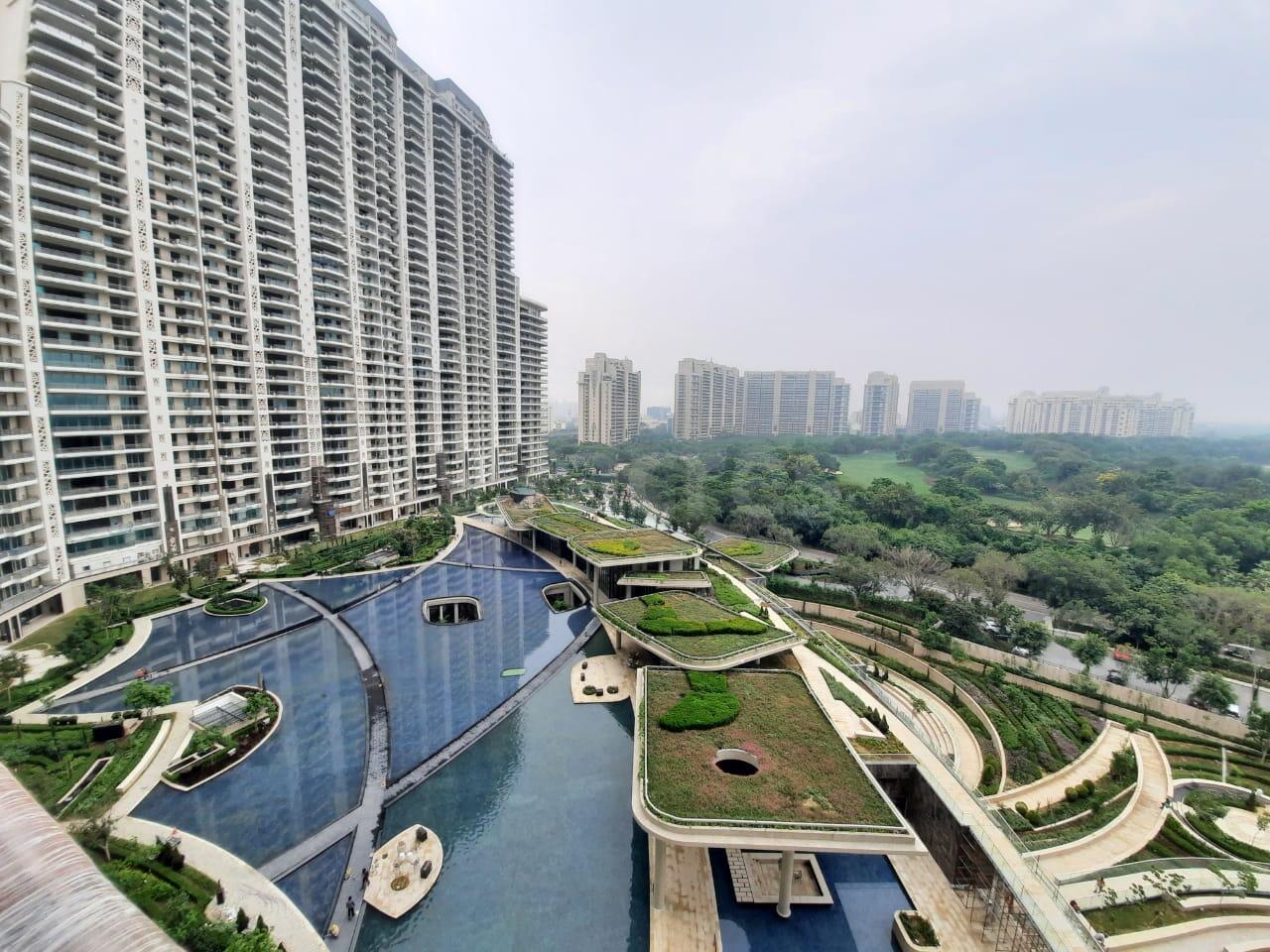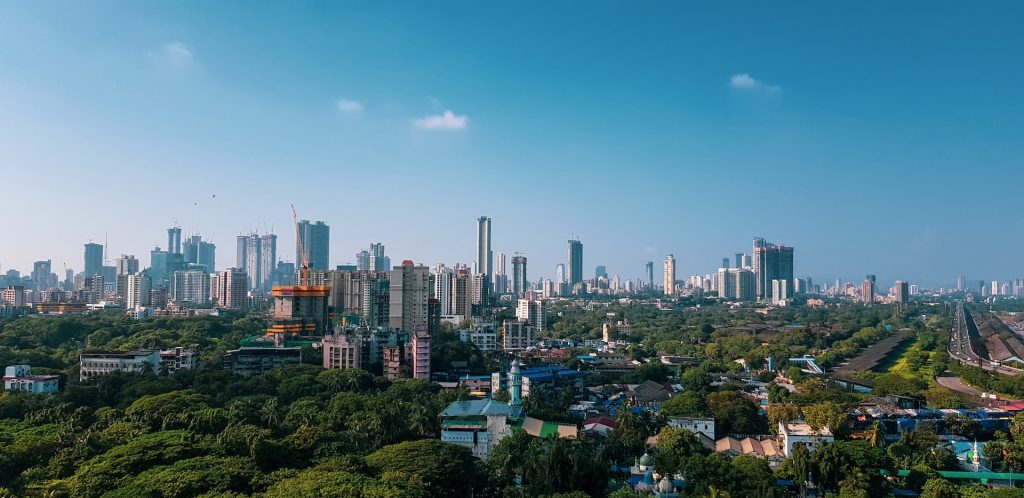According to a report released on August 14 by CRE Matrix, North West Bengaluru, which includes neighborhoods like Peenya, Rajajinagar, Yeshwanthpur, and Malleshwaram is expected to see faster growth in residential sales and prices over the next five years than its counterparts in the IT capital.
North West Bengaluru sees the sale of 2,500 residential units annually on average, or roughly 6% of total sales in the city. According to the reports, the average demand-to-supply ratio in the area is 1.7x, which is the highest of all the micro markets in the city.
According to the survey, prominent real estate players like Godrej Properties, Mantri, and Birla Estate are actively developing projects in the region. Furthermore, the survey stated that Rs.16,000 crore worth of ongoing and planned infrastructure initiatives could enhance North West Bengaluru’s connectivity with the rest of the city.
Abhishek Kiran Gupta, CEO and co-founder of CRE Matrix and Indextap.com asserts, “North West is the immediate solution to Bengaluru’s massive congestion problem – it has everything – the Greenery, better AQI, best of the residential developer brands, marquee commercial assets already present and some trophy assets coming up shortly, the best of malls – and it is equidistant to the airport as well as CBD Bengaluru.”
Though only contributing 6% of Bengaluru’s yearly residential sales, the region is home to 27% of the city’s population (3.9 million). This suggests significant potential for expansion and alleviation of Bengaluru’s notorious traffic problems.
Bengaluru has the most traffic among Indian megacities with a population of more than 8 million, according to the most recent traffic index study conducted by the Dutch multinational TomTom. The average speed for Bengaluru during rush hour is 18 km/hour and the time lost each year during peak traffic time is about 132 hours. Due to congestion in major employment zones like Outer Ring Road and Whitefield, Bengaluru faces a total productivity loss of Rs 1 Lakh Cr. By 2028, with the completion of metro phases, Northwest Bengaluru is expected to be fully connected to all parts of the city within a travel time of 30 minutes.
Northwest Bengaluru has also witnessed tremendous development in the commercial real estate sector. The region currently has 2.1 million square feet of office space, with seven Grade A assets under construction. Prominent businesses such as Amazon, H&M, Regus, and Samsung have recognized North West Bengaluru as an important destination for their real estate holdings. The area is seen as a tenant’s market, with rental rates expected to increase by 6-8% annually over the next five years. Additionally, strata sales of office units have picked up since 2021, with the region absorbing at least 1.5 lakh sq ft of office space annually. This demand is expected to surpass 2 lakh sq ft in CY 2024, driven by new supply and improved connectivity.
With 45% of office space in North Bengaluru occupied by global capability centers, the region is becoming an integral part of the city’s commercial landscape. As infrastructure and connectivity improve, Northwest Bengaluru is likely to witness robust growth in both residential and commercial real estate, making it a key player in addressing Bengaluru’s traffic congestion and housing demand.
For detailed insights download the MICRO-MARKET INSIGHTS REPORT of Bengaluru (North-West).









